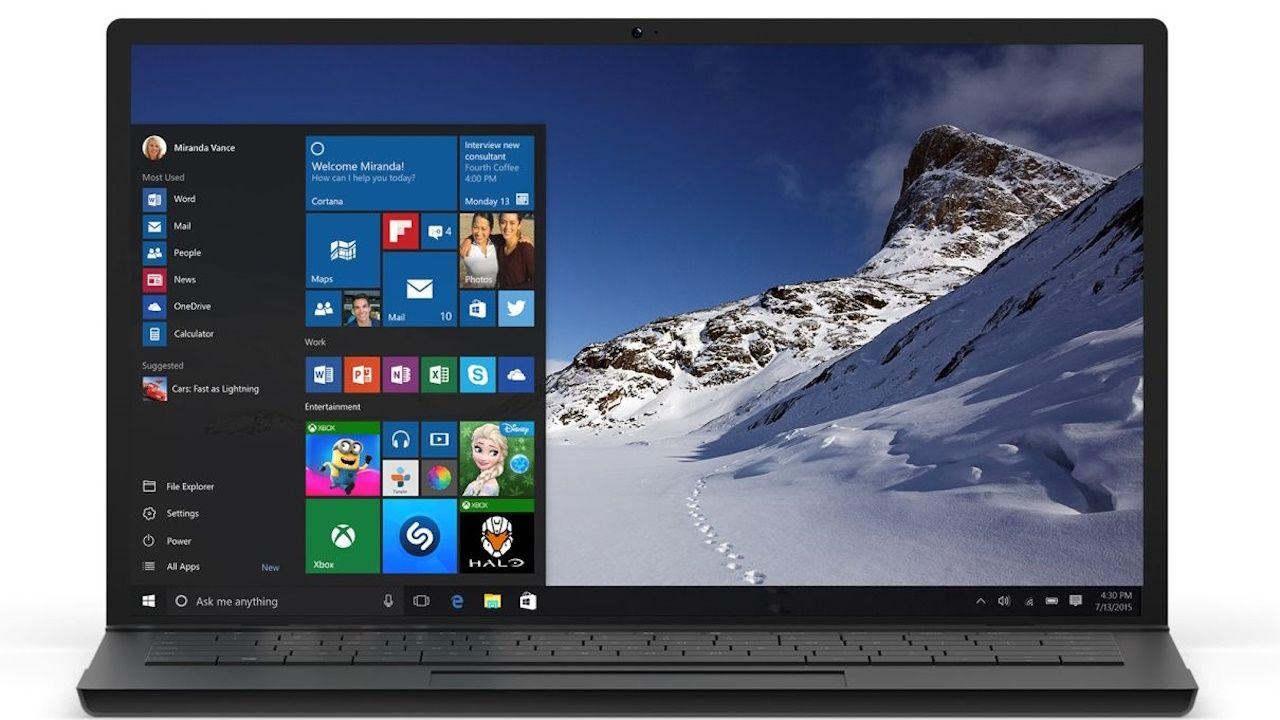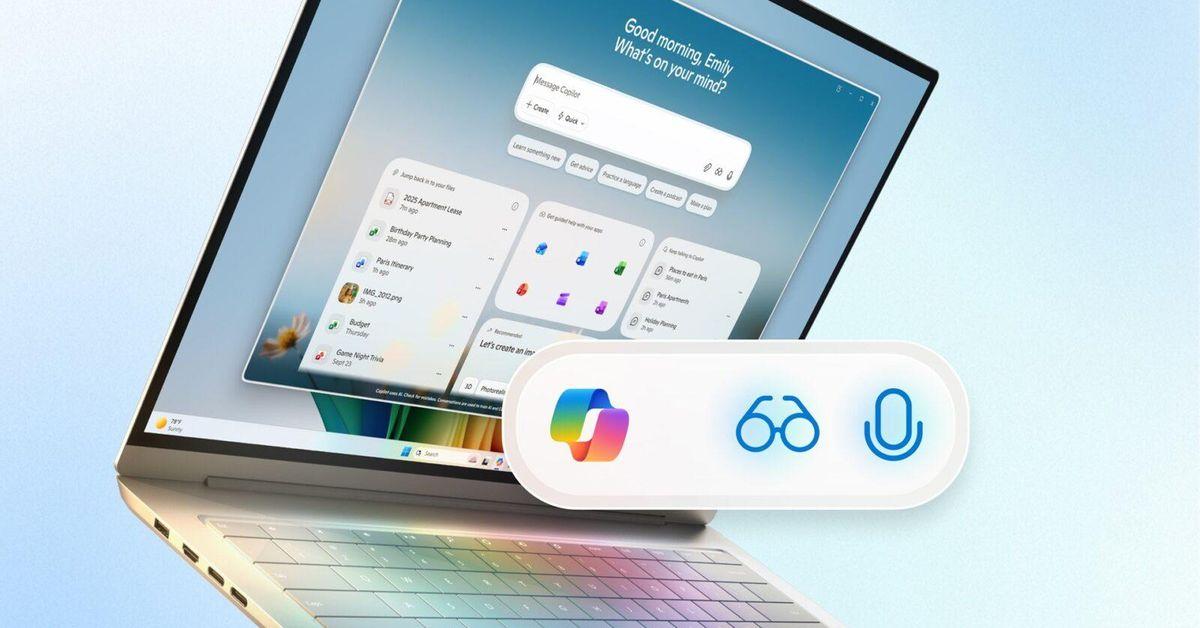Microsoft's Extended Security Update (ESU) program will let you continue to receive critical security patches for one year, just one more year
Microsoft’s “Expleded Defie related”
October 14, 2025 Updated at 2:40 AM The operating system is the foundation of any computer (from a software perspective), so it is important to ensure that it is important to fix security holes and protect ourselves from cyber attacks.The problem is that when this system installs a new version and marks the expiration of the previous one.In Microsoft 10 and Windows 10, several after the annual Windows 11 update and security chip they needed (which prevented installation on multiple computers).
Windows 10 will be out of service this Tuesday, as they announced, so it's urgent to take action so the bull doesn't catch us.But what does this mean?It will stop regular software updates and security patches for Microsoft operating systems.And it will not provide technical support.
Measures want to provide a large number of users to improve the technology of the new operating system.They develop and coffee criminals 10 suffer from an unknown security gap or can access their data or control their computers ... it becomes very common.
As additional risks of continuing to use Windows 10 for a long time, major cybernetic companies: the latest programs and games, if we are talking about controllers or drivers, if we are controllers or drivers are small programs that are responsible for the correct operation of the devices installed on any computer).
Even Microsoft events will be affected.According to the Redmond-based company's support page, support for Office 2016, 2019, 2021 and 2024 generally ends this Tuesday.Although these apps will continue to work in Windows 10, experts recommend avoiding the upgrade to Windows 11 for "performance and reliability".Only Microsoft 365 applications will receive security updates on Windows 10 for the next three years (until October 10, 2028).
For companies, not adopting Windows 11 can result in reputational damage because it violates security policies or regulatory requirements.
First thing, look
The first logical solution is to update the computer to Windows 11, although as we have seen, not all systems are compatible.To know that it is possible to do the procedure, Microsoft has prepared a request "PC Health from the Last Event".and if the system firmware uses UEEFI settings.
It doesn't matter if many of these specs sound like Chinese to us.The app will display a message letting you know if Windows 11 can be installed.In that case, just visit the "Windows Update" section within the "Settings" menu and follow the step-by-step instructions.
If our equipment does not meet the requirements, the options are to consult the official technical service of the brand (or a trusted computer store) about the possibility of updating some of its components according to the requirements defined by Microsoft.Once we have the budget in hand, we'll decide if it's worth getting one or buying a new PC outright pre-built for Windows 11.
Alternative operating system
In the worst case, our computer cannot install Windows 11 in any way.Then we install another operating system (many users crave a modern distribution such as Ubuntu or Fedtor).
In the United States, even if you need to activate Microsoft Cloud Backup to access ESU, the data program, we have to go through its regulatory authorities, which is automatic access to an additional year of updates.
To activate the "Windows Security Update" program, we need to access the "Settings Windows Update" setting, where the window should indicate that we have access to it.








